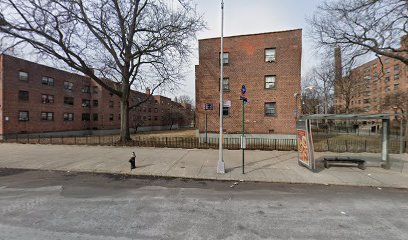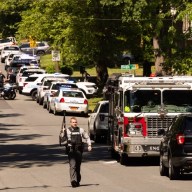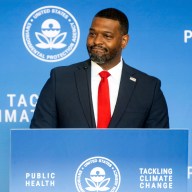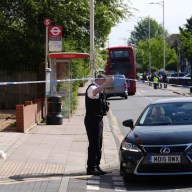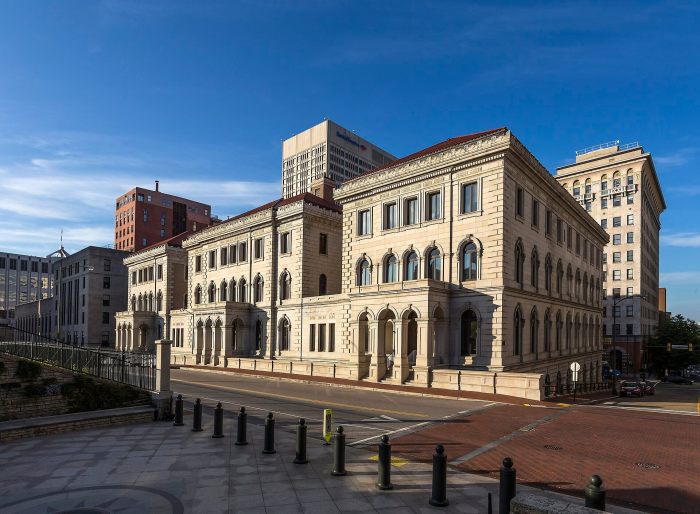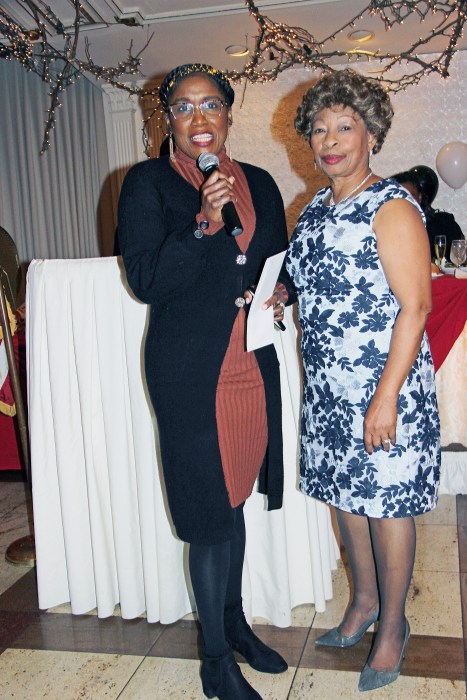The war-crimes prosecution of Canada’s Omar Khadr in Guantanamo Bay could set a dangerous precedent and lead to widespread prosecutions of children, a UN envoy said Wednesday.
Radhika Coomaraswamy called on Canada and the United States to treat Khadr as a child soldier as demanded under international protocols and release him into Canadian custody.
In an interview from New York, the UN secretary general’s special representative for children and armed conflict said international criminal courts have declined to prosecute minors.
“The international courts, as they stand at the moment, are not prosecuting children under the age of 18,” Coomaraswamy told The Canadian Press.
“Trying young people for war crimes with regard to acts committed when they are minors could create a dangerous international precedent.”
The concern, she said, is that the U.S. prosecution will open the door for children around the world to be tried for war crimes, despite near universal consensus they cannot be held responsible in the way adults should be.
Khadr is facing prosecution before a widely condemned military commission for alleged crimes he committed as a 15 year old.
The U.S. accuses him throwing a hand grenade that killed a special forces soldier in July 2002 after American forces attacked a compound in Afghanistan.
Now 23, the Toronto-born Khadr is into a second week of pre-trial hearings at which his lawyers are trying to have self-incriminating statements thrown out on the basis they were the products of torture.
Various witnesses have described interrogations of the badly wounded teen, who was taken from the destroyed compound to Bagram hospital with horrific injuries.
Khadr, who was taken to Afghanistan by his father as a child, has maintained that he was threatened with rape, held in stress positions, and otherwise abused.
One witness has told his hearings that he saw a hooded Khadr shackled with his arms above eye level to his cell door.
Another witness testified to interrogating the teen as he lay sedated on a stretcher after life-saving surgery for the wounds sustained during the American assault on the Afghan compound.
Khadr is the lone westerner still held at Guantanamo Bay, where he has been a prisoner since October 2002.
He is also the youngest detainee among 181 inmates at the infamous facility, which U.S. President Barack Obama had pledged in January last year to close down.
Coomaraswamy said minors who commit war crimes should not simply be set free.
“We are just asking for a more rehabilitation-oriented process.”
Khadr should be repatriated to Canada and reintegrated into society, she said.
Her calls echo a chorus of similar calls from international legal and human-rights groups who have condemned the military prosecutions in general and Khadr’s prosecution in particular.
Prime Minister Stephen Harper, however, has consistently rejected all calls to press for Khadr’s repatriation, saying the U.S. prosecution must first play itself out.
Khadr is slated to stand trial in July, but the start will likely be delayed after the prosecution won agreement from the presiding judge, Col. Patrick Parrish, to do its own mental-health assessment.
Khadr’s lawyers have yet to say whether he will co-operate with the assessment.






